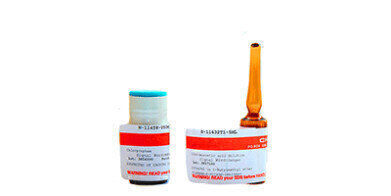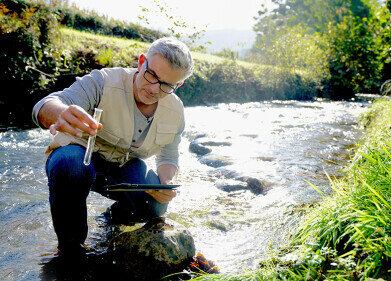Environmental Laboratory
Neonicotinoids
Jan 13 2016
A group of systemic agricultural insecticides resembling nicotine in structure and mechanism of action. They act on the central nervous system of insects by binding to nicotinic acetylcholine receptors. They are considered safe for household use as they tend to have low affinity for vertebrates. This class of pesticide moves through the plant starting from seed growth and therefore is present in all the plant tissues. This results in non-targeted insects being exposed even if the chemical is applied at a later date. The most widely used neonicotinoid is Imidacloprid, a common ingredient in garden insecticides.
More information on Imidacloprid and many other neonicotinoids are available on our website.
Digital Edition
IET 34.2 March 2024
April 2024
Gas Detection - Biogas batch fermentation system for laboratory use with automatic gas analysis in real time Water/Wastewater - Upcycling sensors for sustainable nature management - Prist...
View all digital editions
Events
Apr 30 2024 Melbourne, Australia
Apr 30 2024 Birmingham, UK
May 03 2024 Seoul, South Korea
May 05 2024 Seville, Spain
May 06 2024 Minneapolis, MN, USA





















